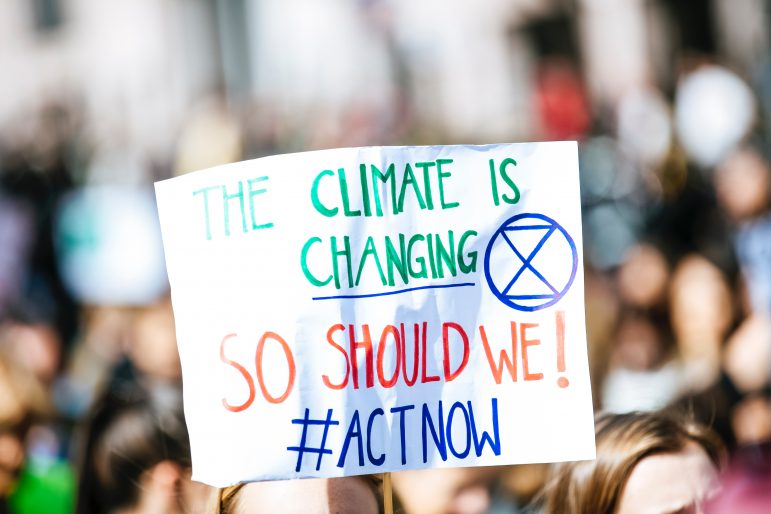A large group of multi-sector signatories are calling on the B.C. government to overhaul its CleanBC climate action plan, calling it inadequate and out-of-step with recent climate data.
An Intergovernmental Panel on Climate Change report raised an alarm in August, stating that global warming of 1.5 C and 2 C will be exceeded over this century unless there are drastic cuts to carbon and other greenhouse gas emissions in the coming decades. The report was the product of 234 researchers based in 66 countries and was subject to more than 78,000 expert and government review comments prior to public release.
In its open letter to Premier Horgan and the Government of B.C. in September, climate advocates called the IPCC report “‘code red’ for humanity.”
“We call on the B.C. government to recognize the urgency and alarm that people all over the province are feeling as the climate crisis directly impacts our communities and our health: deadly heat waves, wildfires, drought, floods, crop failure, fisheries collapse, and costly evacuations and infrastructure damage, they wrote.
“These climate-related impacts are unprecedented and intensifying. Indigenous peoples stand to be disproportionately impacted by climate events despite successfully taking care of the land since time immemorial.
The seven-page report recommends 10 actions to expedite systemic change. These include:
- Set binding climate targets based on science and justice;
- Invest in a thriving, regenerative, zero emissions economy;
- Rapidly wind down all fossil fuel production and use;
- End fossil fuel subsidies and make polluters pay by 2022;
- Leave no-one behind, and ensure a just transition for fossil fuel workers and resource-dependent communities;
- Protect 30 per cent of terrestrial and marine ecosystems by 2030;
- Invest in local, organic, regenerative agriculture and food systems;
- Mandate zero emissions for all new light vehicles by 2027, and all medium
and heavy duty vehicles by 2030; - Ban new natural gas connections to all new and existing buildings by end of 2022; and
- Embed all of these actions in legislation to ensure accountability, transparency,
and inclusion. Establish rolling five-year carbon budgets that decline over time
towards zero emissions by 2040 or sooner.
The open letter can be found here, to see a full list of signatories and their vision for the future.








